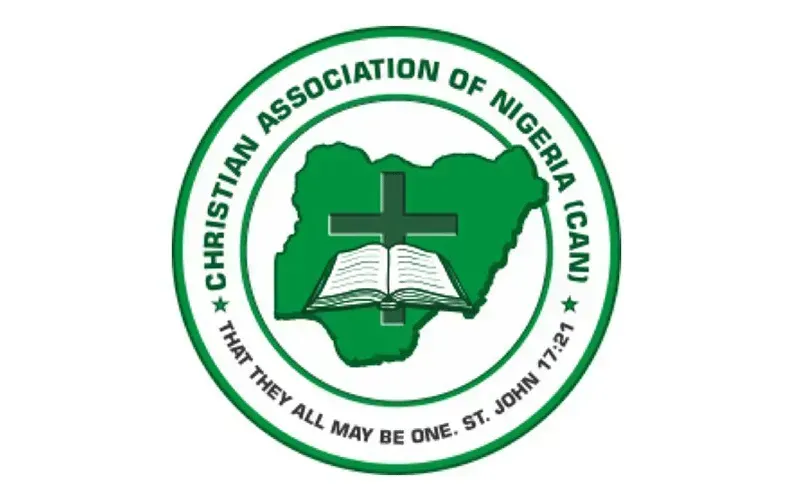“On a daily basis across the country, communities are being raided and people are being killed or abducted by rampaging bandits and other criminal elements,” CAN representatives say, adding that “the security situation has crippled the economy as travelling on the highways across the country has become a nightmare to Nigerians.”
In their June 16 statement, CAN officials also condemn reported attacks and abduction of children from schools in a number of Nigerian States.
“We fear that these attacks, if not checked, parents and children would be forced to abstain from school, given the recent cases in Kaduna, Zamfara, Katsina and Niger states, where parents of abducted school children paid hundreds of millions of naira to bandits for the release of their children,” they say in their statement signed by CAN Chairman for the North-East, Rev. Jechonia Albert.
Choosing to abstain from attending school, CAN officials say, “will bring about a serious setback to the quest by the north to bridge the wide educational gap between it and the southern states of Nigeria.”
Nigeria has been experiencing insecurity since 2009 when Boko Haram insurgency began targeted attacks with the aim of turning Africa's most populous nation into an Islamic state.
Since then, the group, one of the largest Islamist groups in Africa, has been orchestrating indiscriminate terrorist attacks on various targets including religious and political actors as well as civilians.
The situation of insecurity in the country has further been complicated by the involvement of the predominantly Muslim Fulani herdsmen, also referred to as the Fulani Militia, who have, in recent times, frequently clashed with Christian farmers over grazing land.
Last month, Catholic Bishops in Nigeria’s Ecclesiastical Provinces of Onitsha and Owerri said that the West African nation is in “great danger” and urgent action is required to address the high levels of insecurity.
“We expect a stoppage of the carnage that is taking place in farmlands and in various locations,” the Catholic Bishops said in their May 11 statement, calling on the Federal government of Nigeria to “look into security matters and restrain those who are using weapons of various sorts to intimidate the people and to create this unrest.”
In their June 16 statement, CAN officials note that “the current state of the nation has plunged the vast majority of the people into hunger, poverty, frustration and despondency.”








